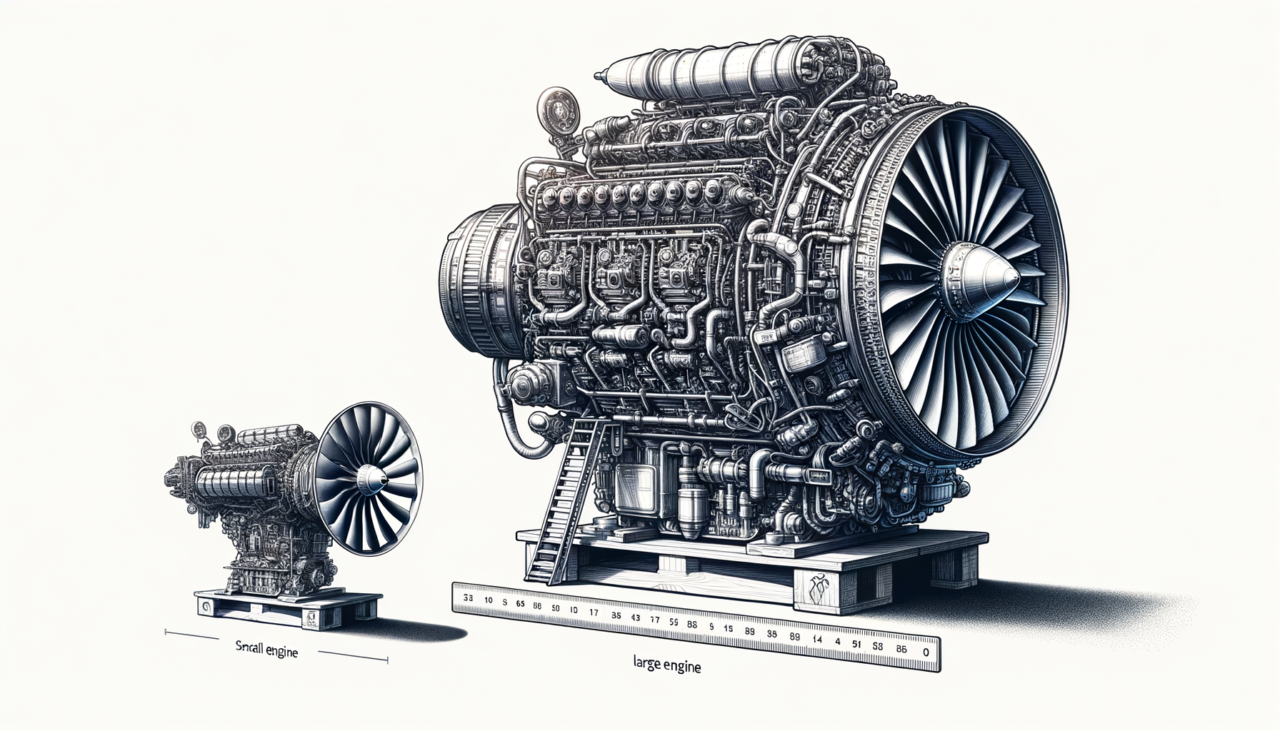In the realm of machinery, choosing between a small engine and a large engine can be akin to choosing between a cat and a lion. Both belong to the same family, yet their purposes and capabilities differ vastly. As the Nigerian proverb goes, “The size of a cooking pot does not determine how tasty the soup is.” This article aims to help you understand the nuances between small and large engines, ensuring you make a well-informed decision. Let’s dive into the heart of the matter, shall we?
Characteristics of Small Engines
Small engines, like the nimble ant, are often underestimated. Yet, they are the backbone of many everyday applications. Here are some key characteristics:
-
Compact Size: Small engines are typically found in lawnmowers, go-karts, and portable generators. Their compact design makes them easy to maneuver and store.
-
Fuel Efficiency: These engines sip fuel like a turtle drinks water—slowly and steadily. They’re designed for efficiency, offering longer operation times on a single tank.
-
Cost-Effective: Generally, small engines are lighter on the pocket, not just in terms of the initial purchase but also in maintenance and fuel costs.
-
Lower Power Output: While they’re not built to move mountains, small engines handle lighter tasks with ease. They’re perfect for household or small-scale projects.
-
Ease of Maintenance: Like a trusty bicycle, small engines are straightforward to maintain, with parts that are widely available and affordable.
Characteristics of Large Engines
If small engines are the ants, large engines are the elephants—powerful and commanding. Here’s what sets them apart:
-
High Power Output: Large engines boast the strength of a thousand warriors, suitable for heavy-duty machinery like trucks, boats, and industrial equipment.
-
Robust Construction: Built to last, these engines are constructed with durability in mind, capable of withstanding intense workloads and harsh environments.
-
Greater Fuel Consumption: With great power comes great fuel consumption. Large engines require more fuel, reflecting their ability to perform larger tasks.
-
Higher Cost: The initial investment and maintenance costs for large engines can be significant, akin to buying and maintaining a luxury vehicle.
-
Complex Maintenance: Like a beehive, the workings of a large engine can be complex. Maintenance requires specialized knowledge and parts can be costly.
Comparative Table: Small Engine vs. Large Engine
| Feature | Small Engine | Large Engine |
|---|---|---|
| Size | Compact and lightweight | Large and heavy |
| Fuel Efficiency | High | Moderate to low |
| Cost | Generally low (purchase and maintenance) | High (purchase and maintenance) |
| Power Output | Low to moderate, suitable for light tasks | High, suitable for heavy-duty tasks |
| Durability | Adequate for lighter use | Designed for durability under heavy use |
| Applications | Lawn mowers, go-karts, small generators | Trucks, boats, industrial machinery |
| Maintenance | Simple and cost-effective | Complex, requiring specialized knowledge |
Making the Right Choice
Choosing between a small and a large engine is like choosing between a bicycle and a car. It depends on your needs, budget, and intended use. If your tasks are akin to a gentle stroll in the park, a small engine will serve you well. However, if you’re looking to conquer the rugged terrains of heavy-duty work, a large engine will be your reliable steed.
As we say in Nigeria, “A bird does not change its feathers because the weather is bad.” Similarly, your needs should guide your choice, unaffected by trends or popular opinion. Consider your requirements, weigh the options, and make a decision that suits your specific needs.
At CompareAnything.org, we strive to make your choices clearer and your decisions wiser. Remember, the right engine is the one that propels you towards your goals with efficiency and reliability. Happy choosing!

Comments (0)
There are no comments here yet, you can be the first!